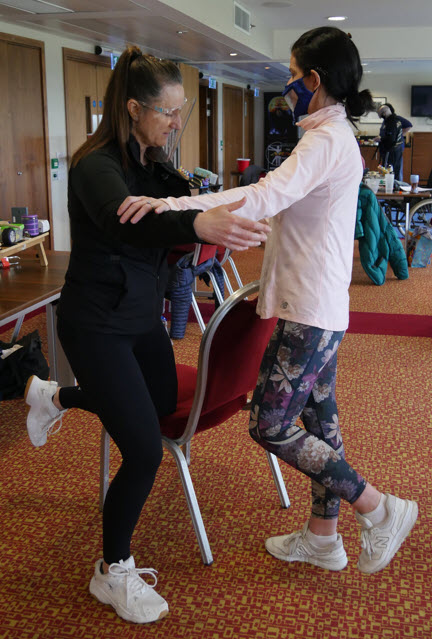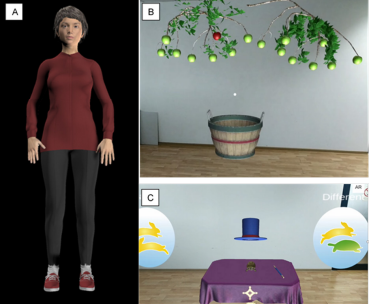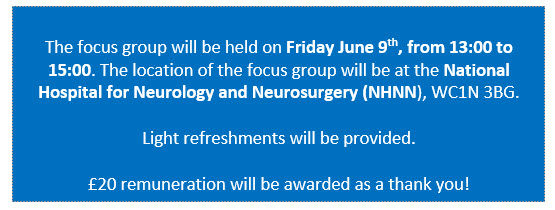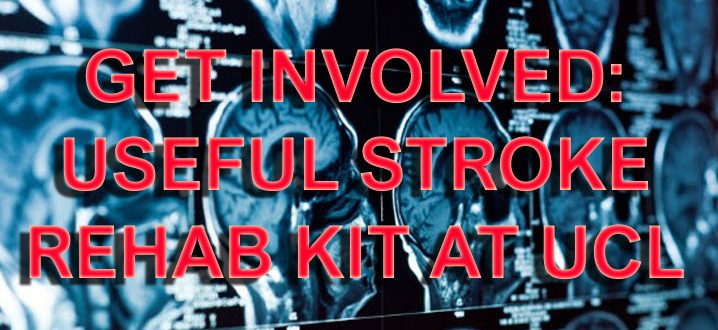Are you a stroke survivor with balance difficulties? If so, you’re NOT alone!
The evidence shows that training balance and gait during stroke rehabilitation is crucial for improving a patient’s mobility, reducing the risk of falls, enhancing their quality of life, promoting brain plasticity, and preventing secondary complications.
 Balance (both standing and walking) training is the only effective treatment for balance disorders, as recommended by the National Institute for Health and Care Excellence (NICE) UK.
Balance (both standing and walking) training is the only effective treatment for balance disorders, as recommended by the National Institute for Health and Care Excellence (NICE) UK.
However, access to specialist balance training services is most often poor in the UK, due to the lack of enough specialists and sufficient health resources. Moreover, most current programmes can be sub-optimal in that they are not designed to be multisensory, do not include any cognitive component (which is a key factor in determining both static and dynamic balance), and do not address real life symptoms which have been widely reported by patients to be most challenging,
 At University College London’s Institute of Neurology, a large-scale global research project (funded by a European Union Horizon 2021 grant), is under way (led by Professor Doris-Eva Bamiou) to build upon a completed HOLOBALANCE project (https://holobalance.eu/ ) which is posited to provide a comprehensive, individualised tele-rehabilitation balance programme that includes multisensory balance and gait exercises, physical activity, cognitive training and exergames to improve balance function in older adults with stroke.
At University College London’s Institute of Neurology, a large-scale global research project (funded by a European Union Horizon 2021 grant), is under way (led by Professor Doris-Eva Bamiou) to build upon a completed HOLOBALANCE project (https://holobalance.eu/ ) which is posited to provide a comprehensive, individualised tele-rehabilitation balance programme that includes multisensory balance and gait exercises, physical activity, cognitive training and exergames to improve balance function in older adults with stroke.
The group is looking for a few participants to try out/view/discuss the kit (in person and on Microsoft Teams), and would very much like to invite you to take part, with £20 remuneration.

- You are between 50-80 years of age.
- You have received a diagnosis of stroke.
- You can independently walk, with or without, a walking stick for a minimum of 500-meters.
- Have no significant visual impairment.
- Are willing to provide feedback on the usability, functionality, and acceptability of the kit, including appearance, proposed training and testing regime.
- Then Please get in touch RIGHT NOW at: b.nairn@ucl.ac.uk
![]()
Brooke Nairn, UCL Institute of Neurology & The Ear Institute.



